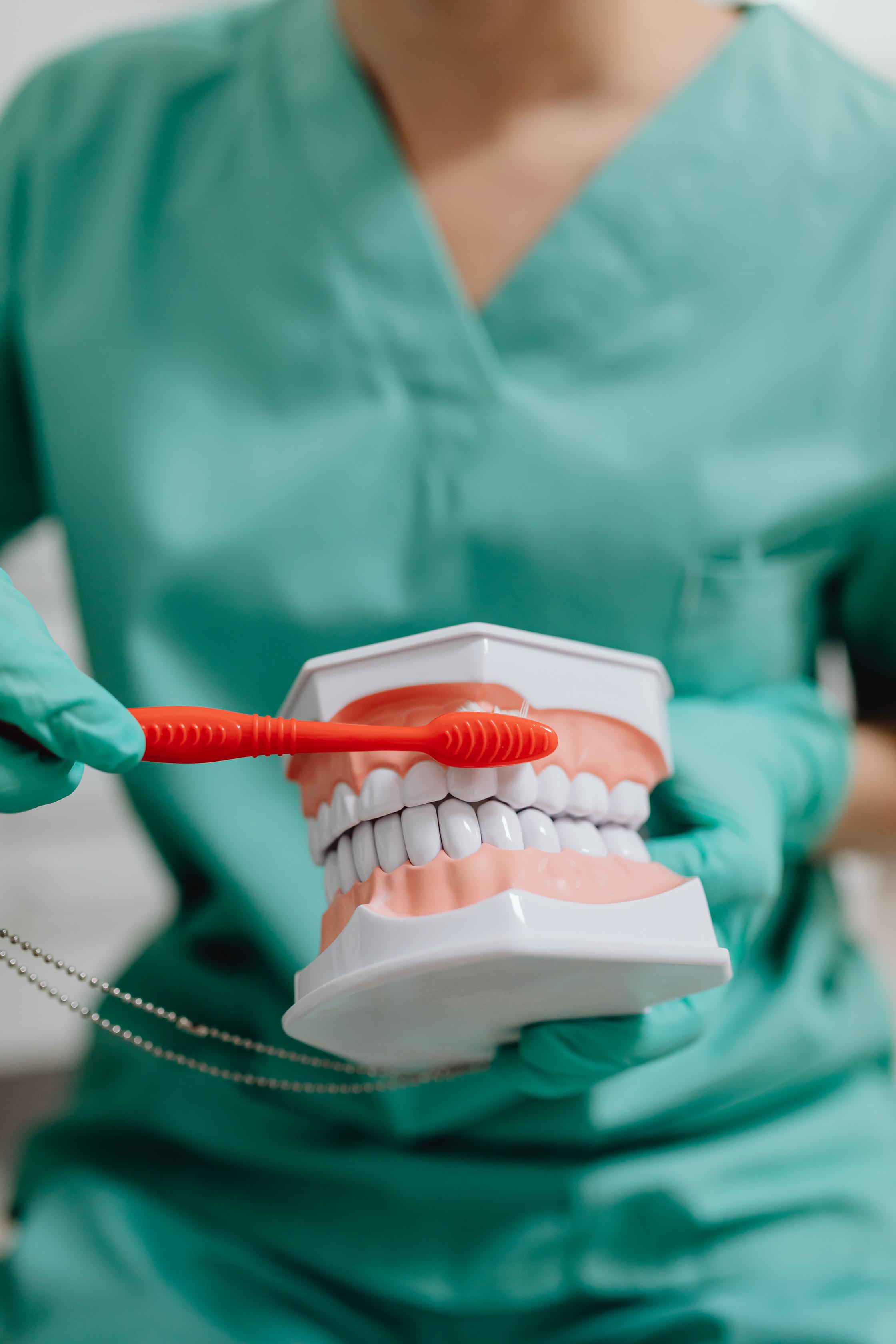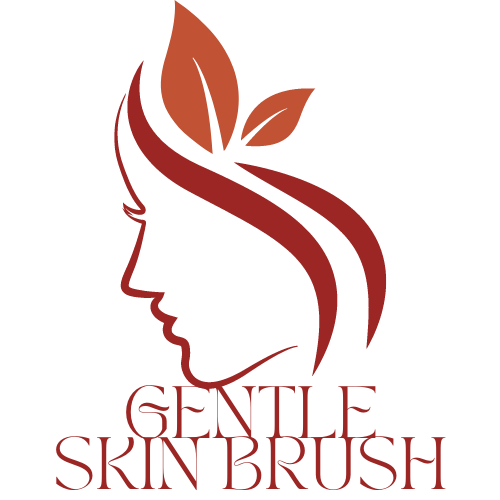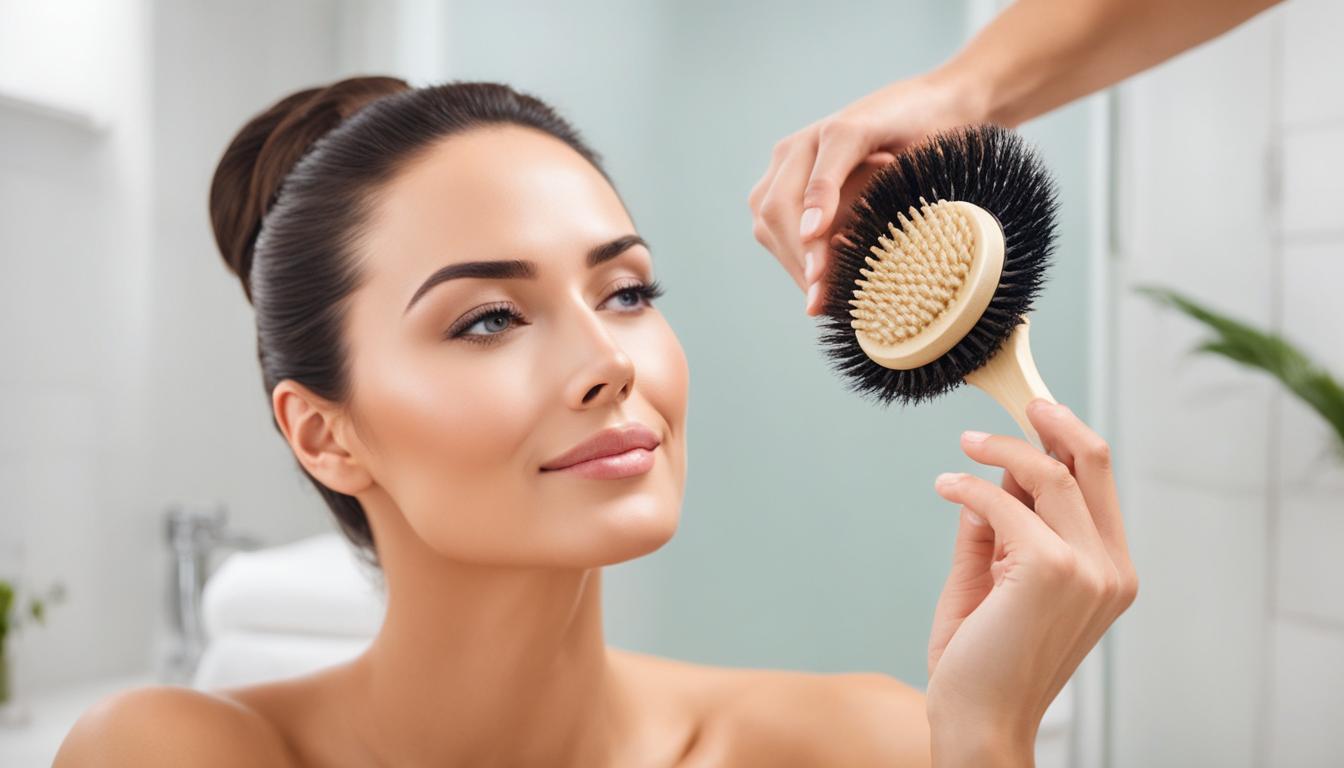Brushing your teeth is an essential part of oral hygiene, but did you know that brushing too hard can cause tooth pain? In this blog, we will discuss how brushing a crown can cause tooth pain, what you can do to avoid it, and how to properly take care of your crown.
Contents
- 1 How can brushing a crown cause tooth pain
- 2 The symptoms of tooth pain from brushing a crown
- 3 How can you prevent and/or treat tooth pain from brushing a crown
- 4 The causes of tooth pain that are not related to brushing a crown
- 5 Resources: where can readers find additional information and advice
- 6 Final Touch
How can brushing a crown cause tooth pain

Brushing a crown can cause tooth pain for a number of reasons. First and foremost, your crown is not a living structure, so it lacks the protective enamel that natural teeth have.
This means that brushing a crown can cause abrasion and wear on its surface, leading to sensitivity and pain. Additionally, brushing too hard can cause the crown to shift, putting pressure on the underlying tooth, which can also cause pain. Finally, brushing around a crown can cause irritation in the gums and tissue surrounding the crown, leading to discomfort.
In order to avoid this, it’s important to use a soft-bristled toothbrush and to brush around the crown gently and with care.
The symptoms of tooth pain from brushing a crown
The unfortunate reality is that brushing a crown can cause tooth pain. This is due to the fact that crowns are placed on top of the existing tooth structure to protect it, and the additional covering can cause sensitivity.
When brushing a crown, it is important to use a gentle hand and a soft-bristled brush to avoid irritating the existing tooth. Additionally, it is important to use a toothpaste that is specifically designed for sensitive teeth to avoid further irritation. If the pain persists despite these measures, it is important to consult with a dentist who can provide relief and further advice.
How can you prevent and/or treat tooth pain from brushing a crown
Tooth pain from brushing a crown can be a real nuisance, but there are some ways you can prevent and treat it. First and foremost, it’s important to make sure you’re using the right brushing technique. When brushing a crown, use a soft-bristled toothbrush and light pressure.
When brushing a crown, use a soft-bristled toothbrush and light pressure. It’s also important to use a low-abrasive toothpaste, as abrasive pastes can cause more damage to the crown. Additionally, use a fluoride mouthwash to strengthen the crown and prevent decay.
Finally, if you’re experiencing tooth pain from brushing a crown, your dentist may recommend using a desensitizing toothpaste. This helps to protect the nerve endings in the tooth and can provide relief from pain.
Tooth pain can be caused by a number of factors unrelated to brushing a crown. Toothaches can be caused by cavities, gum disease, an abscess, cracked or broken teeth, grinding, an exposed tooth root, a sinus infection, or even a reaction to temperature. Brushing a crown should not cause pain, but it could if the crown is loose or ill-fitting, as it can irritate the underlying tooth and gum tissue.
Brushing a crown should not cause pain, but it could if the crown is loose or ill-fitting, as it can irritate the underlying tooth and gum tissue. If you experience any pain when brushing a crown, it is important to consult your dentist for advice.
Resources: where can readers find additional information and advice
Are you curious about whether brushing your crown can cause tooth pain? You may be surprised to learn that, depending on the type of crown you have, brushing can indeed lead to discomfort and pain. Fortunately, there are a number of resources available to help you better understand how to properly care for your crown and avoid any unnecessary discomfort.
Fortunately, there are a number of resources available to help you better understand how to properly care for your crown and avoid any unnecessary discomfort. From helpful articles to dental professionals, these resources can provide you with the answers you need to keep your crown in top shape and your teeth healthy and pain-free.
Final Touch
In conclusion, brushing a crown can potentially cause tooth pain if the crown is not properly fitted or if the brushing technique is too aggressive. It is important to speak to a dentist about any pain or discomfort that you are experiencing, as this may be a sign of a larger issue.
Brushing your teeth regularly and properly with a soft-bristled toothbrush can help prevent pain and other issues with the crown.





Leave a Reply